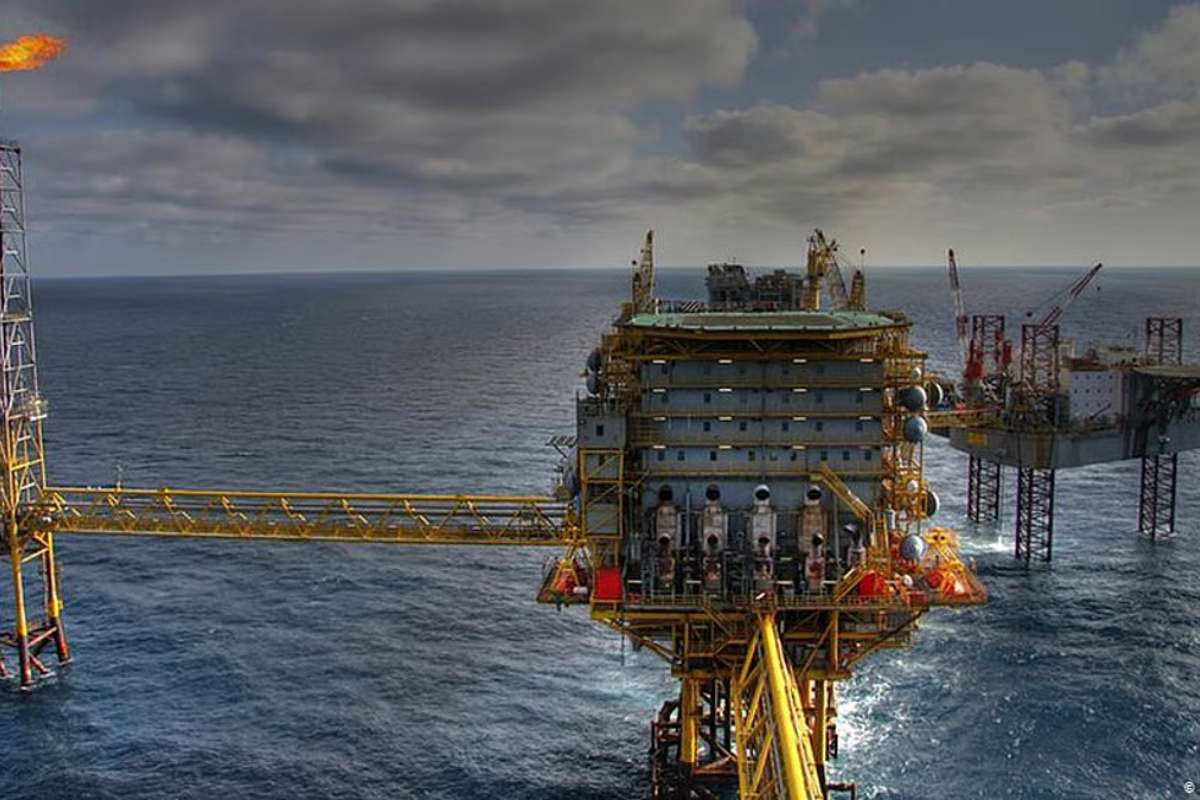Global energy consultancy WoodMac has forecast a dramatic expansion of the global Carbon Capture, Utilisation, and Storage (CCUS) market by 2050. According to the firm, the industry is set to scale up 28 times from current levels, reaching 2,061 million tonnes of captured CO₂ annually and potentially surpassing a valuation of $1.2 trillion. As of now, only 50 operational CCUS projects exist globally, with a combined capacity of just 51 million tonnes per year. However, over $80 billion has already been committed by major economies, particularly the U.S., Canada, and European nations, to accelerate this low-carbon transition.
Despite the optimistic long-term projection, WoodMac has lowered its 10-year outlook for CCUS by 22% due to regulatory uncertainties in the U.S. and sluggish policy development in Asia. Analysts caution that most countries are likely to fall short of their carbon capture targets, managing only 50–70% of their ambitions by 2050. Moreover, current projections suggest point-source capture will only abate 4% of total global emissions, well below the 6% needed to keep global warming within 2.5°C.
Oil Giants Bet Big on Carbon Capture Technologies
Amid mounting pressure to decarbonize, Big Oil is investing heavily in CCUS infrastructure. ExxonMobil is leading the charge with its latest initiative targeting AI-powered U.S. data centers. The oil major is developing a pioneering natural gas facility designed to capture over 90% of its carbon emissions, which will be stored underground. Exxon already supports decarbonization in the steel, hydrogen, and ammonia sectors and has secured deals to store up to 6.7 million tonnes of CO₂ annually.
Last year, ExxonMobil bolstered its CCUS capabilities by acquiring Denbury Inc. in a $4.9 billion all-stock deal. Denbury specializes in Enhanced Oil Recovery (EOR) and owns the largest CO₂ pipeline network in the U.S., stretching 1,300 miles across Louisiana, Texas, and Mississippi. The acquisition also includes 10 onshore sequestration sites. Exxon CEO Darren WoodMac has stated that the company’s Low Carbon division could surpass its traditional oil and gas revenues within a decade, potentially generating hundreds of billions.
Elsewhere, European giants Shell, Equinor, and TotalEnergies have jointly committed $714 million to expand the Northern Lights CCS project in Norway. The project secured a deal with Sweden’s Stockholm Exergi to transport and store up to 900,000 tonnes of CO₂ annually for 15 years. With this new funding, Northern Lights has boosted its storage capacity to 5 million tonnes per year, more than triple the original plan.
Canada’s CCUS Ambitions Face Political Headwinds
Canada’s CCUS landscape appears more uncertain. The ambitious $16.5 billion Pathways Alliance project, aimed at cutting emissions from Alberta’s high-polluting oil sands, is now in jeopardy following the resignation of former Prime Minister Justin Trudeau. The political instability has cast doubt on the project’s future, which requires long-term policy assurance for success.
Experts warn that the Canadian heavy crude sector, already burdened by high emissions and limited pipeline infrastructure, is facing growing investor skepticism. Michael Bernstein of Clean Prosperity told Bloomberg that the climate for long-term CCUS investments in Canada is more uncertain than ever. According to Rystad Energy, Alberta’s oil sands produce around 160 pounds of CO₂ per barrel, the highest emission rate of any major oilfield globally.
As global oil majors double down on CCUS, the disparity in policy certainty and infrastructure readiness will likely define the winners and losers in the race to decarbonize.
Explore More News In Our Oil Gas Energy Magazine












